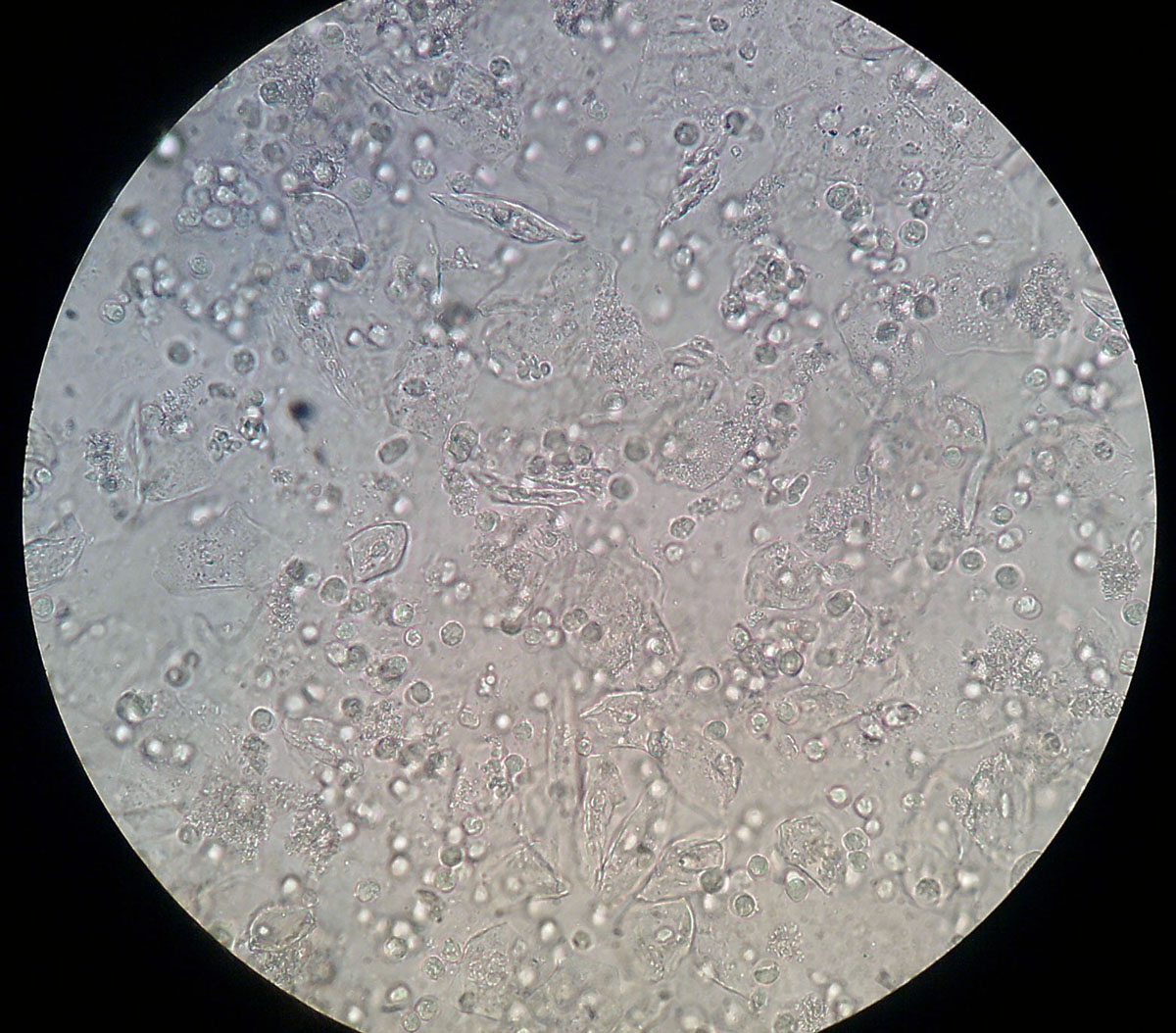
Frequent visits to the bathroom often followed by the pain while urinating are typical indicators of an urinary tract infection. These infections are among the most common infections (women are particularly susceptible to them), but, although painful, they are easily remedied and seldom pose a serious risk to health. These infections can be avoided by adhering to some essential prevention and precaution measures.
How does one become infected
Typical source of urinary tract infection (invasion by bacteria) is explosion of growth of bacteria in urethra, bladder or kidneys. Largest percent of infections can be attributed to Escherichia coli. This bacteria normally inhabits colon, from where it may reach the urinary tract and trigger the infection.
Infections usually affect the lower urinary tract, that is, urethra and bladder. Escherichia commonly reaches the urethra from the rectum, resulting in urethitis (urethra infection) and, if not treated, will spread to the bladder, causing a bladder infection, known as cystitis - the most common variety of urinary tract infections.
Upper urinary tract consists of a pair of kidneys and two channels which connect the kidneys with the bladder, known as ureters. Untreated lower urinary tact infection will readily migrate upwards, towards the kidneys, and cause a chronic infection. Kidney infection is known as pyelonephritis and should be treated immediately, or might lead to kidney damage or kidney failure, and can even cause premature birth during pregnancy.
How to recognize infections
Typical symptoms of urinary tract infection include a strong need to urinate and a burning sensation during urinating. Inability to empty the bladder completely or inability to produce any reasonable flow of urine, releasing just a few drops, is also common. Other symptoms of urinary tract infection include foul-smelling urine, urine that has poor transparency or blood in the urine.
Symptoms that indicate that upper urinary tract may also have been infected include vomiting, nausea, chills, dizziness, fevers and pain in the lower back and stomach. A physician should be contacted if these symptoms are present.
How to treat infections
Most common treatment is oral administration of antibiotics, wherein a single dose suffices for most infections. Graver cases that include kidney infection may require antibiotic injections or prolonged treatment with orally administered antibiotics. Natural remedies include consummation of cranberries and blueberries and skin application of castor oil.
Prevention
Common advices are to drink more water, as the urinary tract will be flushed more often, to urinate when the urge is felt as withholding urine can weaken the bladder and prevent it from draining completely, urinating after intercourse to wash out any transmitted bacteria, wiping front to back, avoiding tight pants and underwear and washing the region around the urethra with common soap only.

















Your thoughts on this
Loading...